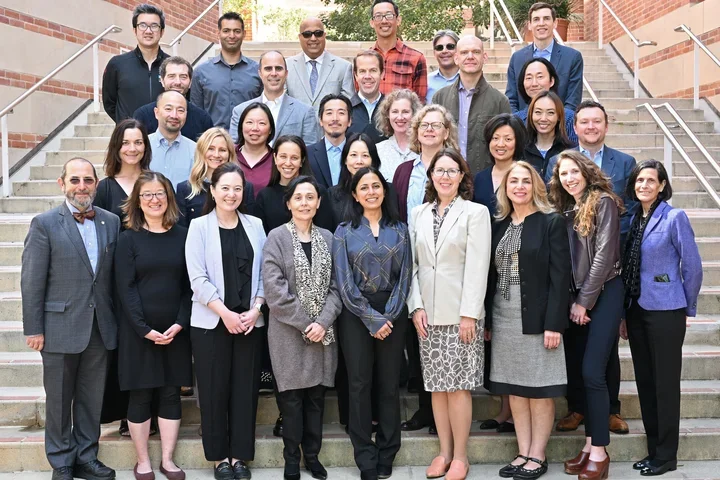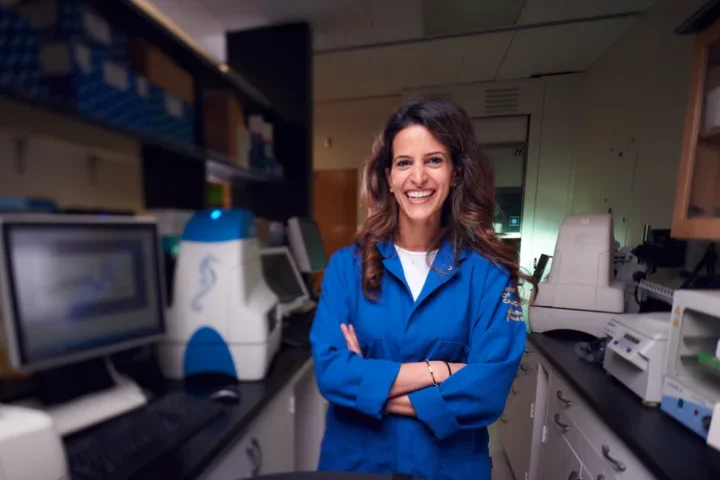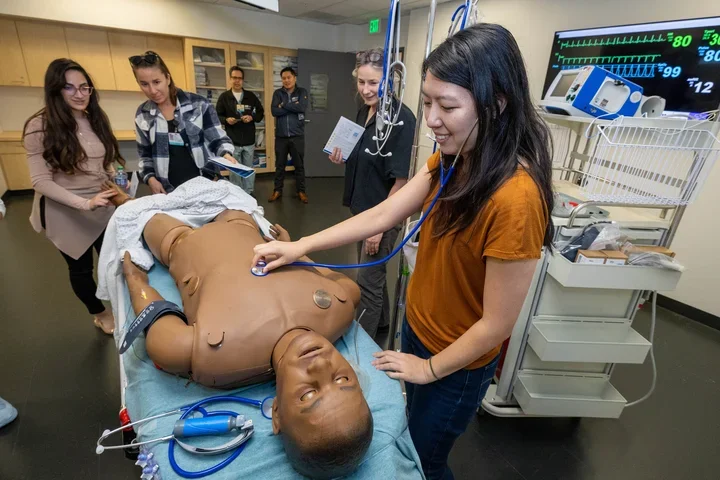What Does a Cardiologist Do?
Combining High-Tech With High-Touch Patient Care
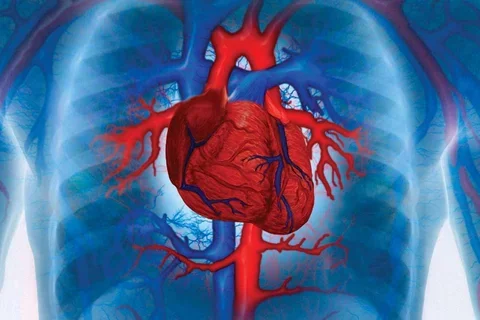
A Day in the Life of Dr. Eric Yang, General Invasive Cardiologist
Cardiology is a competitive specialty that thrives on physicians who aren't just qualified, but driven to treat a continually rising number of people who suffer from heart disease.
"Cardiology is a dynamic field that attracts a lot of people," says Dr. Eric Yang, MD. "It is a fast-moving field, with [new] research and discoveries updating our knowledge almost daily."
Dr. Yang is a general invasive cardiologist in the David Geffen School of Medicine at UCLA. He is also an assistant clinical professor of medicine and associate program director of the Cardiovascular Diseases Fellowship.
(What Is a Cardiologist? Click to link to learn more...)
Finding the Right Fit
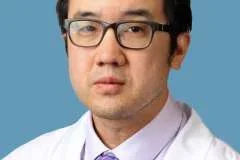
Dr. Yang always knew he wanted to go into medicine. While attending undergrad in the Midwest, he became interested in cardiology, finding inspiration in the leaders he encountered.
During his first year as a medical student, Dr. Yang had one especially motivational teacher—Dr. Jim Ferguson, his cardiovascular physiology professor. "Dr. Ferguson loved explaining how the heart worked and its myriad disease states," Dr. Yang says. "No matter how busy he was, his office door was always open after lecture. He would not [rest] until he was sure we understood and saw the wonder of the field the way he saw it."
He never got to thank Dr. Ferguson; at the end of Dr. Yang's first year, Dr. Ferguson died suddenly of cardiac arrest.
"His death was sobering to me," Dr. Yang remembers. "It can happen to anyone."
Dr. Yang continued to work with inspiring professors, encountering similar role models during his clinical rotations. Ultimately he discovered that his love for the science of cardiovascular disease matched his love for the day-to-day care of his patients.
How to Become a Cardiologist
Cardiology is a rapidly growing field: clinical trials drive evidence-based guidelines while advances in research lead to more effective medications, procedures and imaging. What makes the field so special, however, is that you must always focus on the patient as an individual.
"Despite all the amazing technology and treatments that define our field, it still has an 'old-school' feel—you have to maintain an intimate interaction with the patient," he explains. "You have to carefully interview them about their problems, do a thorough physical exam and come up with a customized approach that will best benefit their quality of life, not just their lifespan."
In an average week, Dr. Yang alternates between rounds with residents and fellows in the Cardiac Care Unit, seeing patients in his clinic, reviewing imaging and stress tests, performing occasional cardiac catheterizations and following up after hours with patients who need more assistance. It's a busy field, but one that keeps you on your feet.
Diversity in Specialty
Even when the presenting symptoms seem routine, Dr. Yang says, no two patients are the same. Each one has a different risk profile with unique physical or personal needs. It is because of this range of exposure, to the entire spectrum of cardiovascular disease, that he chose to be a general academic cardiologist rather than specializing further.
"I enjoy being within reach of all specialties," he says. "The great thing about cardiology is no matter where you are in your career, you can retrain in another aspect. Fellowships and subspecialty fields are constantly arising."
He also preferred to have the academia connection to work with and teach future doctors and participate in clinical research. He encourages medical students to absorb as much as they can throughout their clinical rotations.
"The more disease states you involve yourself with, the better you'll be as a physician," he says. "You'll do better for yourself and for patients by getting as much as you can when your medical education is in the exploratory stage."

